Tell me your story: My pain turning points part 2
After over seven years of living with pain, I was finally invited to tell my story by a health professional. I was so surprised I didn't know what to say. And was equally surprised by the story I told
I’m often asked what helped with my pain. What helped me go from living through some dark years - years I barely left the house, years I couldn’t sit, years I disconnected from friends, family, the world, years I felt a stranger to myself, a stranger I didn’t particularly like - to living my life again, feeling like myself again (a self I mostly like most of the time).
The answer to that question is damn near impossible because it was all sorts of things and I don’t know which of those things mattered or if all of it mattered or if none of it mattered. It was nature, science, 19th century literature, and Buddhist philosophy. It was my dog, Buster, and having a supportive partner who loved me even when I was not me. It was photography and writing and reading. It was volunteering and meditation and coloring in coloring books. It was snowboarding and hiking and starting a nonprofit.
It was also going to pain conferences and meeting good folks who validated me, supported me, and uplifted me. Especially at the San Diego Pain Summit, where I found so many of my people (and which is why I’m so sad this was the last year, and also so grateful for all the years we had).
Tell me your story
In 2017 I was a patient demo for Peter O’Sullivan in a pre-conference SDPS workshop. I’d done zero research on Pete so had no idea what to expect. Similarly, he knew nothing about me. If either of us had Googled the other this experience would have been totally different.
At this point in time I’d been living with pain in my right hip for over seven years. I was doing pretty good with that pain. I’d gotten back to living. I’d started a non-profit, was playing outside again, had come out of the dark years, the malignant mist of pain.
Sometime in 2016, though, I’d started having pain in my left hip, my ‘good hip’. I’d had left hip pain for about 9 months by the time I met Pete. That’s why I was there, for this newer left hip pain. That’s why I was a ‘patient’.
At the start of the session Pete invited me to take a seat next to him and asked if I could tell him my story.
I was like - what?
It was such an unexpected invitation, such a surprising question, one I was not at all prepared for. (Had I known more about Pete, I would have expected it and would have prepared a story, and I’m so so glad I didn’t.)
In my over seven years of living with pain, no health professional had ever asked me to tell my story. I’d been asked how I was, how my hip was, how my pain was, what brought me there today, what I could be helped with, what my pain was on a scale of 0-10.
Not once did anyone lead with an invitation to tell my story. I didn't know how to answer.
‘Where would you like me to start?’ I asked.
‘Anywhere you’d like,’ Pete responded.
Shit. Where do I start? What the hell is my story? What the hell does that even mean?
As those thoughts swirled through my head a story poured out of me. A story I was surprised to hear myself telling.
What the hell!
The important stuff
The story I told had nothing at all to do with the pain I’d been feeling in my left hip those last 9 months. The story I told went back over seven years to when the pain in my right hip first started. The pain that was doing quite well at the moment, thank you very much. That wasn’t even a thought. Or so I thought.
In telling that story, I realized how worried I was about this new pain. How I was terrified I was once again heading toward a dark and isolating path of ongoing, worsening pain that doesn’t get better like it should. That I would lose the life I’d taken years to build back up after having lost the life I was living before pain.
In the telling of that story, I realized how much I’d already been limiting my life in response to this new pain. How many things I’d already stopped doing. Justifying it, rationalizing it, accepting it (but acceptance as resignation, not making space).
Had Pete asked about my left hip, ostensibly the reason I was there, I would never have told that story, never uncovered what really mattered to me. Not just what mattered to me, but what mattered to what would actually help in this pseudo-clinical encounter. What mattered to my diagnosis, my prognosis, my plan.
In a typical rush to get to the ‘important stuff’ - what was going on with my left hip - we would have missed ALL of the important stuff - what was going with me.
How the story is received matters, too
So I tell this story, a story of seven years ago but that really goes back even further. A story of being a firefighter, a badass, a heavy lifter, a runner, an athlete - things that went back decades, a lifetime. I tell this story of identity: identity upended, identity reconstructed, identity threatened again.
And it’s not just the story that matters. How the story lands matters, too. And who it lands with, and what that person does with it.
Pete is a wonderful receiver of stories. He listens to stories with interest, curiosity, nonjudgment. Silence. I had never before felt so intently listened to. (Intently? Intensely? Intentionally? I dunno, probably all of those.) I felt fully attended to, no distraction, despite being in a room of something like 75 people. I felt like the story I told was interesting. Not in a freak show sort of way, in a humane, caring sort of way.
And Pete did not challenge my story or me. He did not try to replace my story with a better one or a sciency one or a clinical one.
Nope, what Pete did was just tell my story back to me to be sure he got it right, with an open invitation to tell him what he got wrong. And he made it explicitly and abundantly clear that my story made sense. That of course I’d worry about the things I was worried about. Think the things I thought. Do the things I did.
Of course. Who wouldn’t in my circumstances?
Holy shit! How validating is that! How much of a relief is that! A burden lifted.
Validation strikes again
Pete just believed me. Validated me. And I can assure you he didn’t agree with me. He didn’t think my hip was weak or unstable or damaged, things I understandably thought and worried about. He didn’t think I needed to be limiting myself as much as I had been.
But that didn’t matter, because it wasn’t about him. It was about me.
Pete didn’t have to tell me I was wrong or give me a new story. By making sure he got my story right, we could explore it a bit, together. He asked questions that led me to get curious about the story I was telling. We did movement experiments to explore the story, too.
And then, together, we came up with a new story. One that now included that my hip was strong and stable and I could get back to doing shit that mattered to me. And, most importantly, it was still my story.
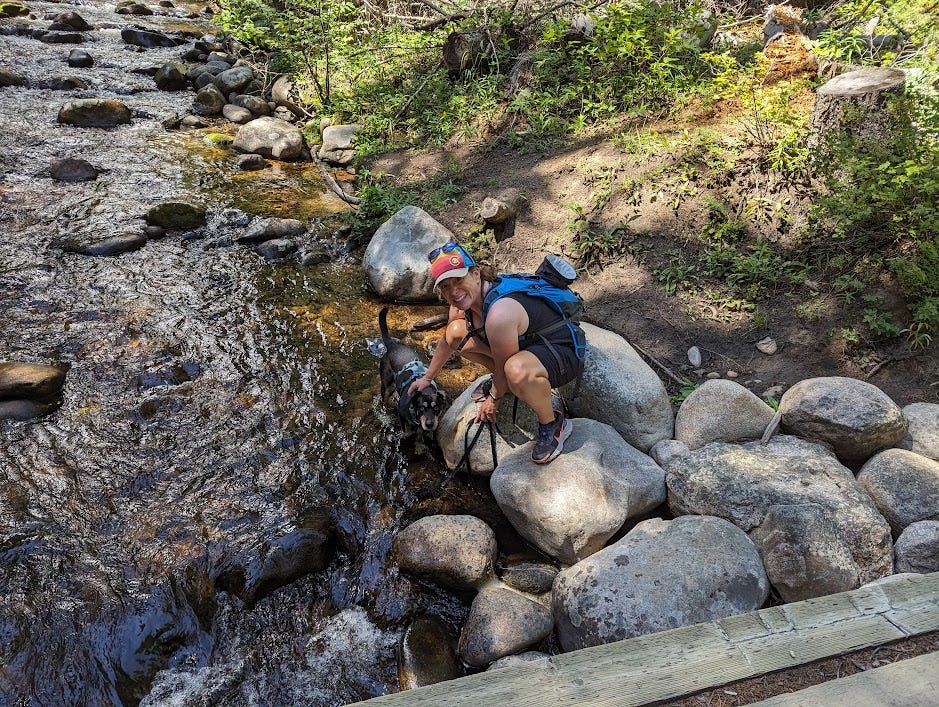
Story or identity?
Here’s something I don’t know. When I talk about the importance of being asked to tell my story, or telling our stories, or stories in general, is identity what I’m really trying to get at?
I’ve quoted Arthur Frank in presentations, something along the lines of ‘We are the stories we tell ourselves, and we create ourselves in the telling.’
Isn’t that identity?
In qualitative research and in just talking with my friends and peers in the pain advocacy/partnership/activism space (I never know what to call us), identity comes up a lot. Specifically our disrupted identities, our disrupted selves, our incoherent selves. Pain has been referred to as biological disruption and biographical disruption, an assault on the self.
There’s the before pain self and the after pain self and the lost future self and lots of other possible selves along our pain trajectories. All these different selves that are all still somehow the same person, though a person changed by pain. Not to mention the shame that many of us feel about the pain that changes us.
Yet in the larger body of pain research and approaches to pain care, identity, self, and shame, are almost never brought up.
What’s up with that?
Valuing pain lived and living experience
I’m currently reading The Blind Spot: Why Science Cannot Ignore Human Experience, where the authors explore the fundamental mistake we’ve made in trying to not only objectify human experience, but privilege that abstraction and objectification above all else. Here’s a quote:
Concrete experience always overflows abstract and idealized scientific representations of phenomena. There is always more to experience than scientific explanations can corral…The tragedy the Blind Spot forces on us is the loss of what’s essential to human knowledge - our lived experience.
What can we learn from lived experience that can help us better get at what pain is? What can we learn from philosophy, literature, music, art? How can we understand pain in a way that makes biological and biographical sense?
I don’t know where I’m going with this but there’s something here that I keep coming back to. I’ve written about my experiences with Pete before (in a series that starts here, that I wrote seven years ago, including the tell me your story bit), so it means something to me, even now.
I’ve written about my experience at writer’s camp and how it had nothing to do with pain and everything to do with pain. It was writer’s camp that got me to publish about shame, which is still the post I’ve recieved the most emails from folks who knew their own pain related shame. It was writer’s camp where I felt seen, heard, accepted despite my pain, my traumas, my fuckedupedness. Where I felt like it was okay to be vulnerable and share hard things. Without writer’s camp I would never have been able to share my story on stages, in classrooms, in textbook chapters, with research teams.
Writers and storytellers have been telling the truth of the human experience for centuries. But somehow those truths don’t matter when we explain pain, research pain, treat pain. How do we make our stories, our selves we make in their telling, matter in the world of pain?
As always, curious your thoughts.
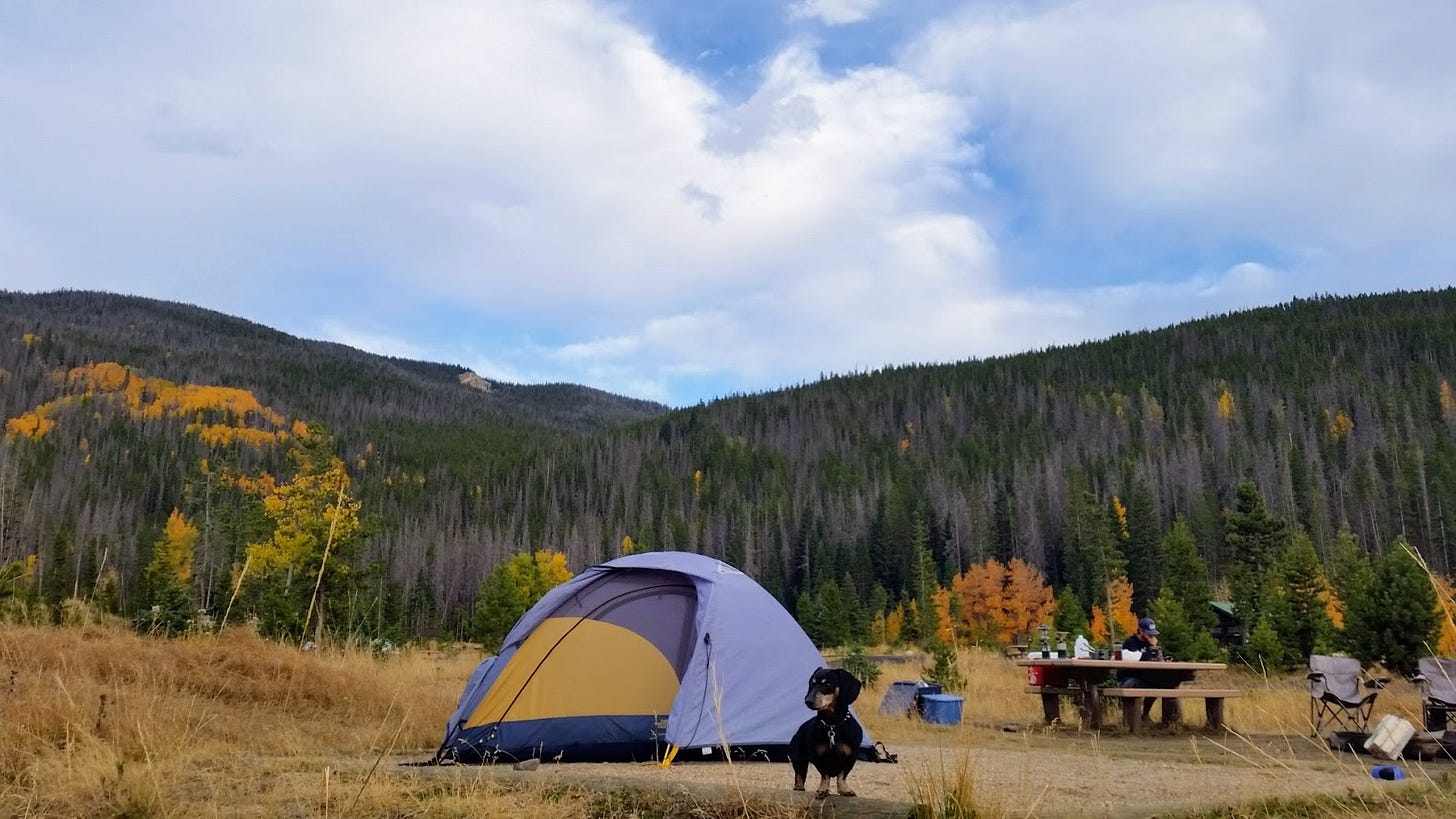
Thanks so much for being here. I’m grateful to each one of you for subscribing because it’s what keeps me going, especially when the way forward feels dark and lonely.
If you missed it, the first turning point in this series of who-knows-how-many was To Love and Be Loved.
Also, this was the first time I’ve ever recorded a post. What do you think? It was nerve wracking, but I’ll keep doing it if folks like having the option!


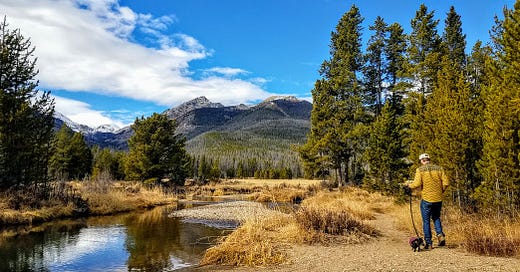


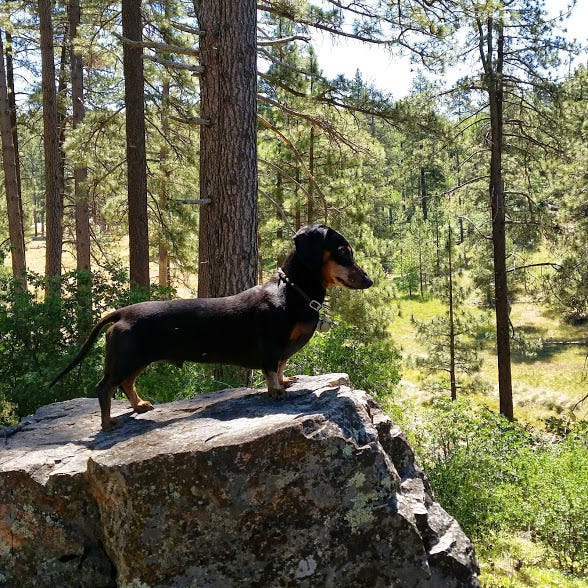
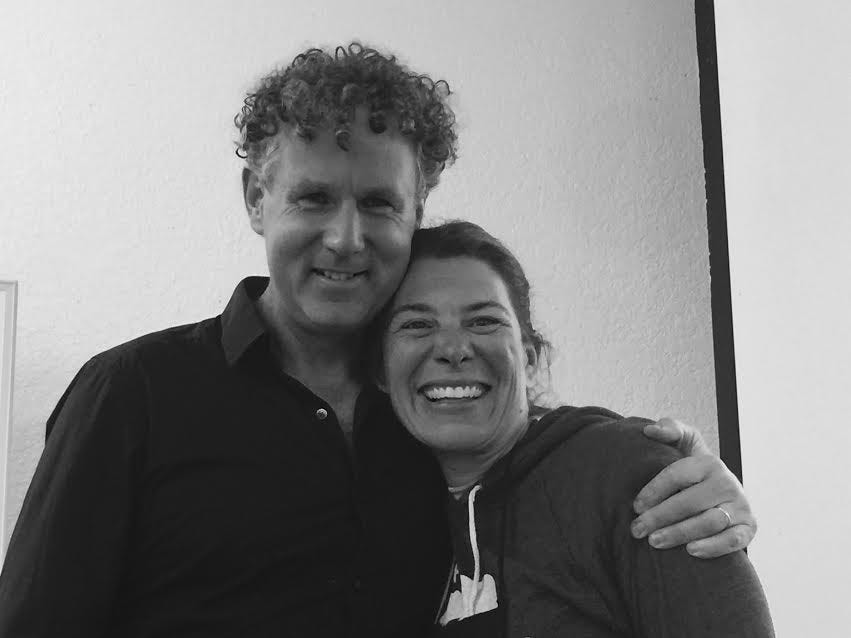

Validation is huge. Having the experience of knowing, feeling that our thoughts are not wrong, but it is our story, what we tell ourselves, the limits we place on ourselves (often because they are limits also set on us by others who we think they should know what they are talking about) that sets up our lived experience. Love the quote!
Thank so much for this! It reminds me of the first time, after 8 years, a doctor finally asked me about how I felt about my chronic pain. It shook me to my core and catapulted me to start to change how I perceive my pain journey.